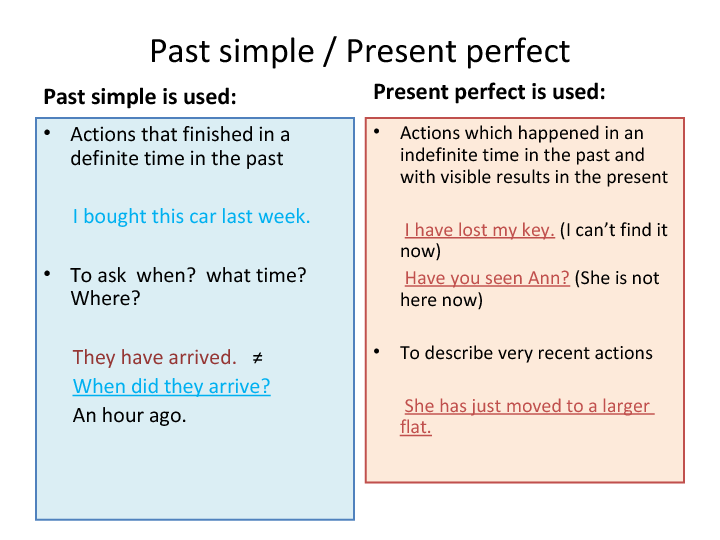Understanding the difference between the present perfect and past simple tenses is essential for mastering English grammar. Both tenses are used to talk about actions that happened in the past, but they are used in different contexts and have different meanings.
Let’s explore the nuances of these two tenses and how they are used in English language.
Present Perfect vs Past Simple
The present perfect tense is used to talk about actions that happened at an unspecified time in the past, or actions that have a connection to the present. For example, “I have visited Paris” suggests that the action of visiting Paris occurred at some point in the past, but the specific time is not mentioned. On the other hand, the past simple tense is used to talk about actions that happened at a specific time in the past. For example, “I visited Paris last summer” specifies the time when the action occurred.
Another key difference between the present perfect and past simple tenses is the use of specific time expressions. The present perfect tense is often used with time expressions such as “never,” “ever,” “already,” “yet,” and “just.” For example, “I have never been to Japan” suggests that the action of going to Japan has not happened at any point in the past up to the present moment. In contrast, the past simple tense is used with specific time expressions that indicate when the action occurred, such as “yesterday,” “last week,” or “in 2010.”
It is important to note that the present perfect tense is also used to talk about experiences and achievements in a person’s life. For example, “I have graduated from university” or “She has written a book.” These sentences emphasize the result or completion of the actions, rather than the specific time when they occurred. On the other hand, the past simple tense is used to talk about actions that were completed in the past and do not have a connection to the present.
In conclusion, understanding the differences between the present perfect and past simple tenses is crucial for effective communication in English. By mastering when and how to use these tenses correctly, you can convey your thoughts and experiences with clarity and accuracy.
